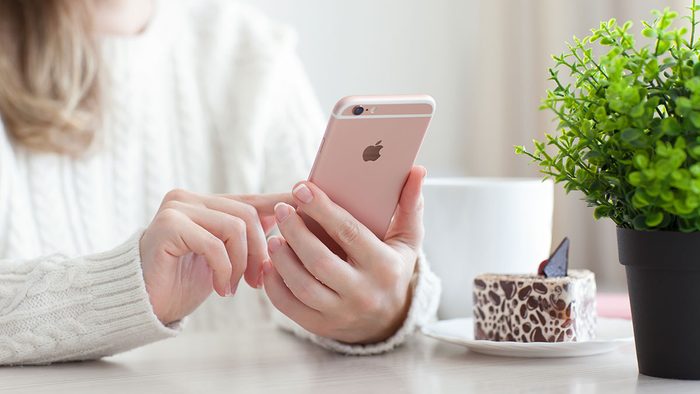
Easy management of your health concerns is just a health app away
Smartphones really are smart. They allow us to track all kinds of health data — thanks to health apps and Bluetooth technology pairing with wearable tech (smart watches, interactive ear buds, heart rate monitors and other products). “And, this ability to track and collect current data empowers patients and their conversations with healthcare providers,” says Bryce Wylde, director of functional medicine at P3 Health in Toronto. “I have seen this in my own practice. Besides some incredible technology that can monitor acute heart health, blood sugar, and even diet, another one of my favourites for monitoring health is heart rate variability, HRV.”
In addition to getting notifications that your heart rate is abnormally high or your blood sugar is low, Wylde says this data can save your life, not just in the short term but over your lifetime. “These problems can eventually lead to serious life-threatening illnesses such as heart attacks, kidney disease, and even cancer.”
Thankfully, we have the technology in our hands, literally. An estimated 24 million Canadians own smartphones, according to statista.com. And downloading health apps is on the rise, 30 per cent of Canadians have downloaded one or two, shows a 2016 report from catalyst.ca. Apple’s Health app — which comes preloaded on your phone — has more than 7,000 other apps that interact with it, says Jay Blahnik, Apple’s director of fitness and health.
So how do we take our smartphones and use them to help manage our health concerns? Well, that depends on your health concern.
Want better healthcare? Look no further than your smartphone.

Heart disease
At the launch of the Fitbit Ionic smart watch in New York last year, a woman in a promotional video talked about how she encouraged her husband to go to the hospital after he saw a spike in his heart rate on his Fitbit app. He was having a heart attack. Now Apple has made heart health even easier to manage: On its Apple Watch Series 3 and your iPhone’s latest update, you’ll get a notification if your heart rate is above a certain threshold during an inactive period of 10 minutes.
Do you know your risk? Here are 7 facts about heart disease that can save your life.
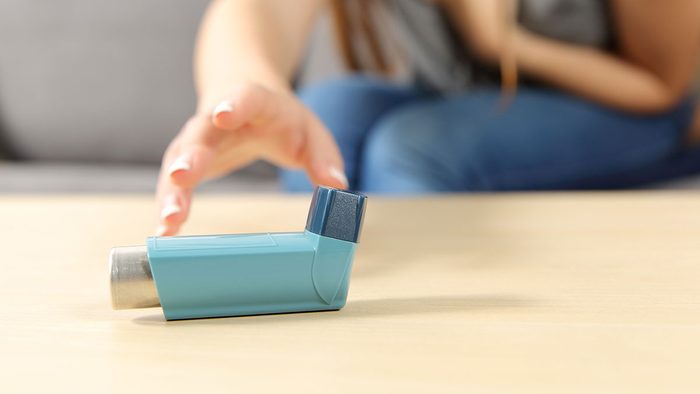
Asthma
Most smart tech products now come with a breathing app that can connect to a wearable device, giving vibration indicators for breathing speed. While most use it for stress reduction (a lifesaver in the long run), the Apple Breathe app was developed with doctors to re-teach us how to breathe in a healthy way. There are also asthma-specific apps, like Propeller, which hooks up a Bluetooth sensor to an inhaler to link asthmatic symptoms, medication reminders and more. Use of the app has resulted in a 79 per cent decline in asthma attacks.
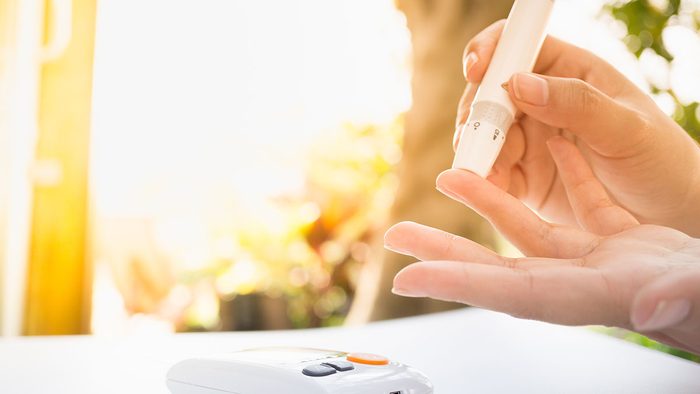
Diabetes
Smartphones are a great tool for managing type 1 and type 2 diabetes. Since symptoms for some cases can be managed through diet and physical activity, it makes sense that One Drop, a buzzy and award-winning diabetes app (available at the App Store and Google Play), has partnered with a few different technologies. Not only does it log glucose, insulin pump data, carbohydrate counting and more, with a subscription service you can have access to a diabetes coach 24-7.
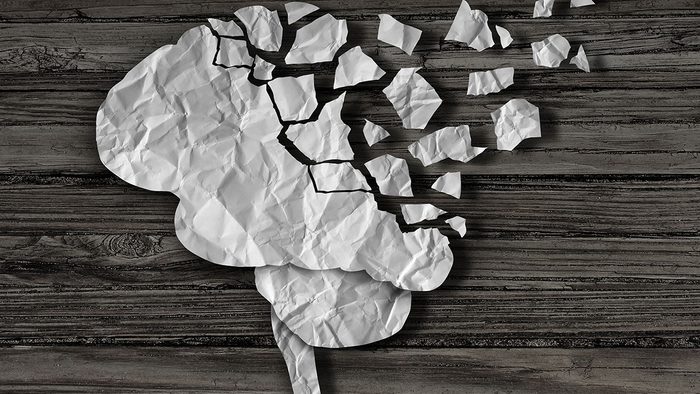
Dementia
Researchers from across the globe (including McGill University) are using gaming data for some serious ongoing research on mental health. They are working with the developers behind the direction-based game app Sea Hero Quest to collect information regarding sense of direction, one of the first signs of dementia. “Sea Hero Quest helps us find this navigational benchmark to test individuals against,” says Max Scott-Slade, game design director at Glitchers, the London, England-based company which develops this app. “Once we know what the ‘normal’ (sense of direction) is, (…) then we can see when people are falling below the normal ability and spot anomalies across a very accurate spectrum.” Their results will hopefully pave the way for a better understanding of the disease and how to manage it.
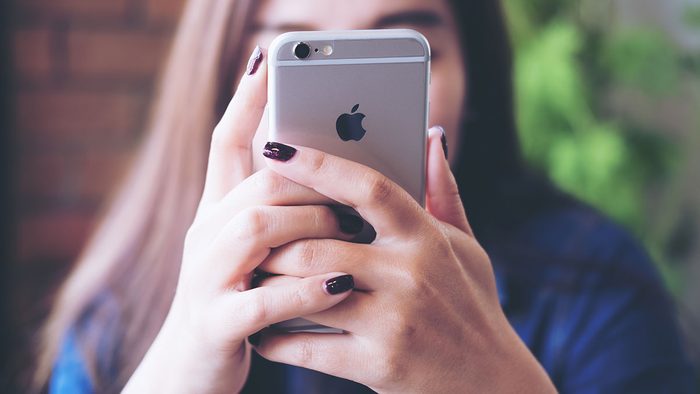
Physical safety
If you’ve updated to the latest Apple operating system, then you also have a personal alarm and a 911-auto dial, which you set up in your settings.
Tried the new Apple Watch 3 feature? It will forever change how you work out on your own.
